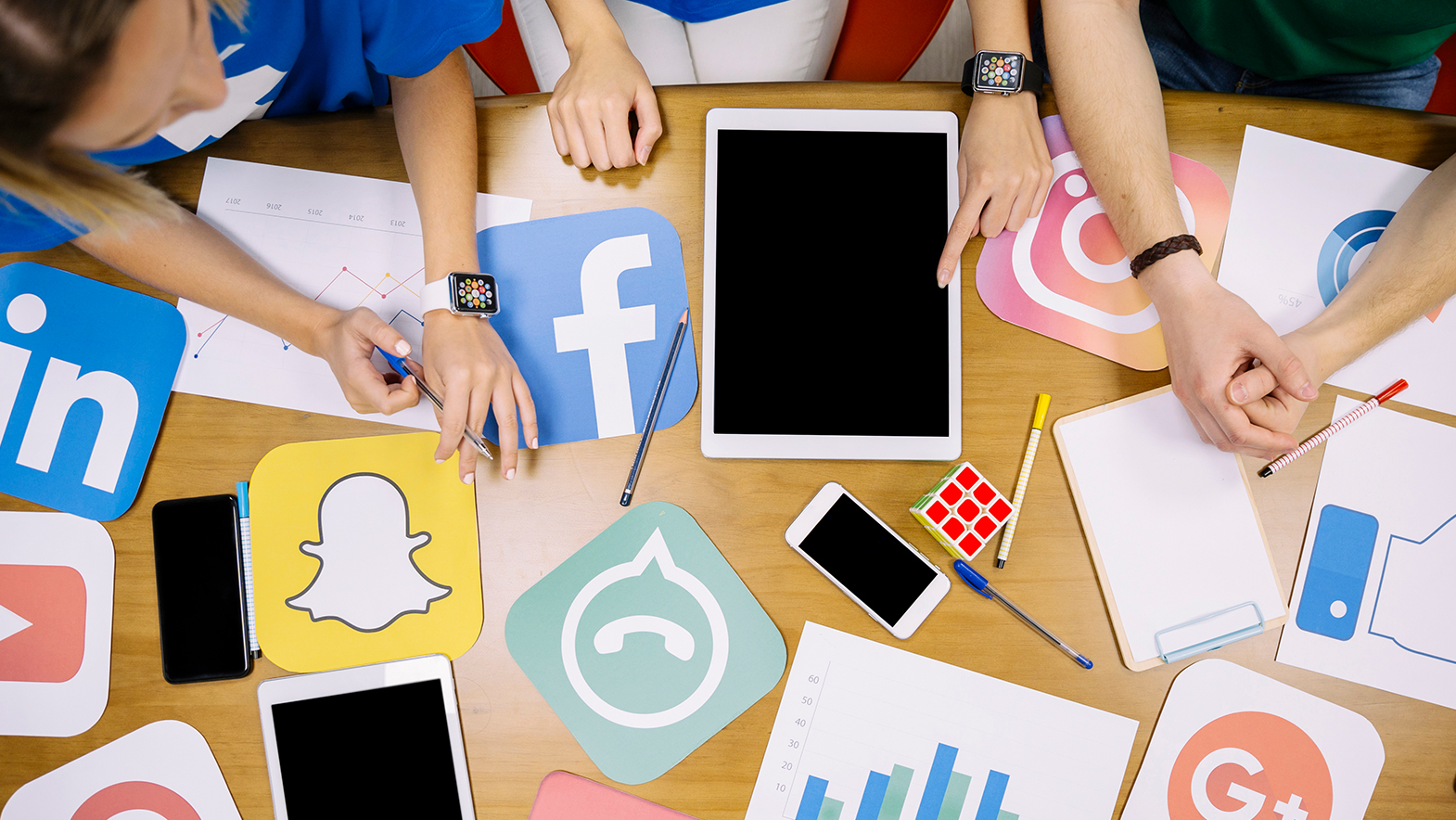South Korea’s influencer marketing platform market is projected to experience substantial growth, with an anticipated compound annual growth rate (CAGR) of 22.8% through 2031.
According to the latest market intelligence report by CoherentMI, the market is expected to reach a valuation of US$ 999.2 million by the end of this period. This growth reflects the increasing integration of influencer marketing into brand strategies across the country, driven by rapid digitalisation and the widespread adoption of social media.
Market Overview: The Role of Influencer Marketing Platforms
Influencer marketing platforms in South Korea play a crucial role in connecting brands with social media influencers. These platforms facilitate the identification of suitable influencers based on the brand’s target audience and campaign objectives. In addition to influencer matching, these platforms provide tools for outreach, contract negotiation, campaign management, and performance metrics reporting, making them essential for executing successful influencer marketing campaigns.
The growth of the influencer marketing platform market in South Korea is primarily driven by the rapid digitalisation of the country and the increasing penetration of social media. South Korea is one of the most connected countries globally, with over 98% of its population having access to the internet. The rise in social media usage, particularly on platforms like Instagram, YouTube, and KakaoStory, has created vast opportunities for brands to engage with consumers through influencer marketing.
The evolving consumer behaviour in South Korea, where purchasing decisions are increasingly influenced by social media personalities and online endorsements, has prompted more companies to incorporate influencer marketing into their promotional strategies. This shift highlights the growing importance of influencers in shaping consumer preferences and driving brand awareness.
Growth Opportunities: Expanding Influencer Marketing Landscape
Several key growth opportunities are emerging within the South Korean influencer marketing platform market. One of the most significant is the rising popularity of live commerce, where livestreaming sales on platforms such as Naver Now and YouTube are generating significant revenue. By partnering with top livestreamers, brands can tap into new consumer segments and enhance their market reach.
Another notable trend is the emergence of indie influencers. These micro-influencers, who often have highly engaged and loyal followings, provide brands with the opportunity to connect authentically with niche audiences. Targeting these influencers allows brands to reach demographics that may be difficult to engage through traditional marketing channels.
The growth of short-form video content on platforms like TikTok and Instagram Reels is another area of opportunity. This type of content is particularly popular with the Gen Z demographic, offering brands a cost-effective way to increase brand awareness by leveraging trending hashtags and formats.
Additionally, the application of influencer marketing within the B2B sector is gaining traction. Platforms like Mavive are enabling B2B companies to use influencer campaigns to reach other businesses and professionals, with services like thought leadership partnerships becoming increasingly popular.
As the influencer marketing landscape continues to evolve, the expansion of influencer verification processes is playing a vital role in building trust. Stricter verification policies implemented by platforms such as Kakao and WeMakeStars are providing brands with greater transparency and assurance when partnering with influencers. This increased trust in the medium is likely to further drive the adoption of influencer marketing strategies by brands across various industries.





 Whether you want to learn how to use LinkedIn, X or Facebook for marketing, or need to brush up on business skills like leadership, presentation skills or managing meetings, you will find something to enhance your professional skills with these on-demand courses.
Whether you want to learn how to use LinkedIn, X or Facebook for marketing, or need to brush up on business skills like leadership, presentation skills or managing meetings, you will find something to enhance your professional skills with these on-demand courses.